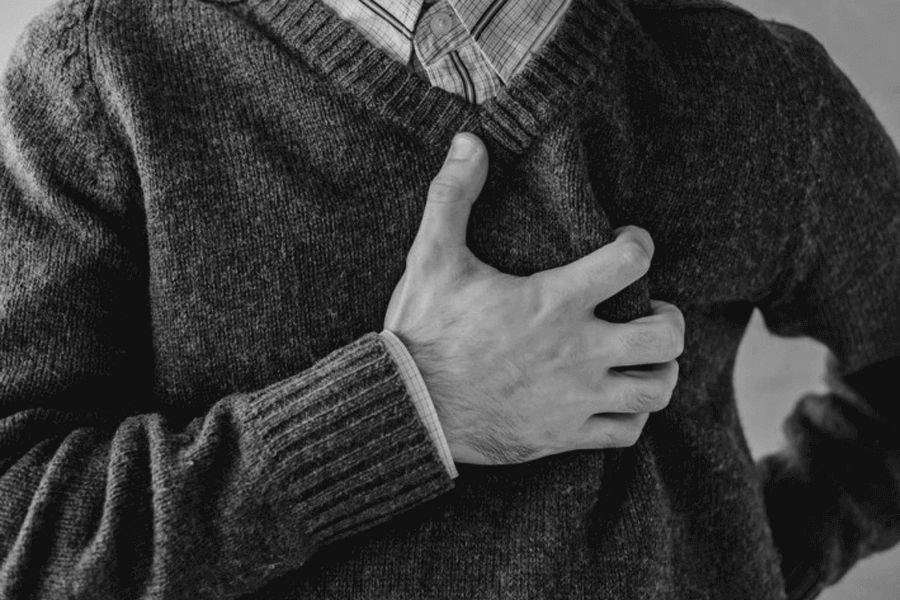
Men’s Health
Men tend to visit their doctors less often than women, and they are quite notorious for not seeking medical advice when they need to.
There are a number of conditions that specifically affect men and we know from data from the UK, one in five men dies before the age of 65. The majority of whom die from preventable conditions such as cardiovascular diseases and the complications of poorly-controlled diabetes.
There are also a number of other conditions that are unique to men, such as prostate cancer and testicular cancer which are some of the leading killers for men but which if they’re picked up early enough can be treated appropriately with very good outcomes.
It is really important for men to make an effort to try and see their family medicine doctors and other specialists if they have any symptoms that they are concerned about.
Another area that men have issues with in particular is mental health. Men again tend to bottle up a lot of their symptoms, feelings, frustrations, sadness and things only come to the fore when they become particularly bad. Individuals are encouraged to go see their family medicine doctor even if they’re just generally feeling low in themselves, because there is plenty of help available for those people who may be affected by such conditions.
Men are further encouraged to visit their family medicine doctor and do a thorough assessment of cardiovascular and urological disease risk factors. Those are two of the conditions that tend to be quite common among men.
Cardiovascular diseases
Cardiovascular diseases are one of the most common health problems that men face. By knowing some of the signs and symptoms, they may be able to reduce the risk of developing serious complications such as a heart attack.
Some of the cardiovascular diseases include:
- Arrhythmia
- Coronary artery disease
- Heart failure
- Angina
- Other heart-related irregularities, infections and congenital abnormalities

Symptoms of cardiovascular disease in men
In some cases, a severe heart-related event or a heart attack may be one of the earliest signs of cardiovascular disease that is noticed. However, there are some other earlier signs and symptoms to look out for such as:
- Symptoms of heart arrhythmias: Heart arrhythmias occur when the heartbeat is irregular, either when the heart beats too quickly or too slowly. Signs to look out for include:
– Dizziness or fainting
– A sensation of the heart racing, or beating too slowly or too quickly
– Pressure or discomfort in the chest
– Difficulty catching breath after doing simple things such walking up stairs
– Unexplained pain in the neck, jaw or torso

- Symptoms of blood vessel (vascular) problems: Blood vessels can narrow or constrict over time making it more difficult for blood to pass through arteries and veins. This can put greater strain on the heart when it pumps. Symptoms of narrowing blood vessels include:
– Shortness of breath
– Extreme fatigue
– Irregular heartbeat
– Angina or chest pain
– A feeling of numbness, pain, swelling, tingling, coldness or weakness in the outer extremities
- Symptoms of a heart attack: Men generally experience a combination of symptoms when they have a heart attack, such as:
– Chest pain
– Pain in the neck, arm, jaw or back
– A sensation of heaviness of on the chest or pressure
– Unexplained excessive sweating
– Shortness of breath
– Light-headedness
– Nausea



Treatment of Cardiovascular Diseases
There are several potential treatment options for cardiovascular disease and a doctor might prescribe one or more of the following medications:
- Diuretics
- Nitrates
- Warfarin or other blood thinners
- Medications to break up blood clots
- Antiarrhythmic drugs
- Angiotensin-converting-enzyme (ACE) inhibitors
- Medication to inhibit platelets
- Beta-blockers
- Calcium channel blockers
Therapies and other medical interventions may be recommended in addition to the medications. These include:
- In case of a life threatening heart attack – CPR
- Heart bypass surgery
- Stents
- Valve disease treatment that uses either balloon valvuloplasty or surgery
- A pacemaker
- A cardioverter defibrillator to help maintain a regular heartbeat
- Heart transplant
- A left ventricular assist to aid in pumping blood
- Enhanced external counter-pulsation (EECP), which opens up small bypass channels around constricted arteries
- Cardioversion to restore a regular heartbeat
- Angioplasty to open up blocked arteries
Cardiovascular disease is a leading cause of death for men. It is vital for people to familiarize themselves with the signs and symptoms and schedule regular appointments with their family medicine doctor. There are lifestyle changes that men can make to help prevent cardiovascular disease such as maintaining a healthy lifestyle.
Book a consultation with Dr Ali Razzak, leading Family Medicine Consultant and Aesthetics Expert in Dubai to know your options, cost and the next steps.
- Address The Residences at Marina Gate 1 King’s College Hospital, Dubai Marina
- Email bookings.mmc@kch.ae
- Phone +971 04 581 3222
- WhatsApp +971 50 839 5920
